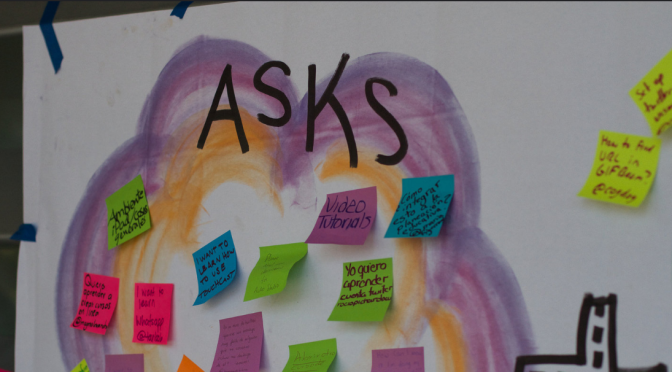What is your vision of effective mathematics teaching and learning in elementary school?
This is a new question for me. This blog is Learning About Learning, and I have a lot of learning to do about mathematics education.
I am hoping you can help me.
Here are a few of the things I am thinking about right now. What can you add to this? What have you learned in your own practice? What do you think about when you consider a vision for teaching and learning mathematics?
I think that efficacy is critical. Students have to believe they can achieve at high levels. Teachers have to believe that students can achieve at high levels and that teachers have the capacity to get students to that high level.
Is mathematics skills (as I was taught), or is it ideas (as Dr. Marian Small suggests)?
Is math about making connections? Is it important that we work with big ideas rather than teaching skills and concepts only in isolation?
I think students have to be able to choose the tools and strategies they need to help them solve problems.
It isn’t up to us to tell them what tool to use, but to teach them how to use many tools effectively so they might pick the one that is right for them in each context.
Math needs to be fun. Kids need to be the ones doing the thinking. Teaching through problem solving can be very effective (problems are not add-ons).
Teachers need to collaborate with other educators, to share their thinking openly, to challenge the thinking of others, to read and write blogs about their work. Isolation is a choice, and isolation is unprofessional. Kids need the thinking of many professionals, not just the one assigned to them.
As I work through #mathleaderNEO over the next few years, I plan to grow this thinking.
I encourage you to share your ideas too.
Featured Image: shonk via Compfight cc






